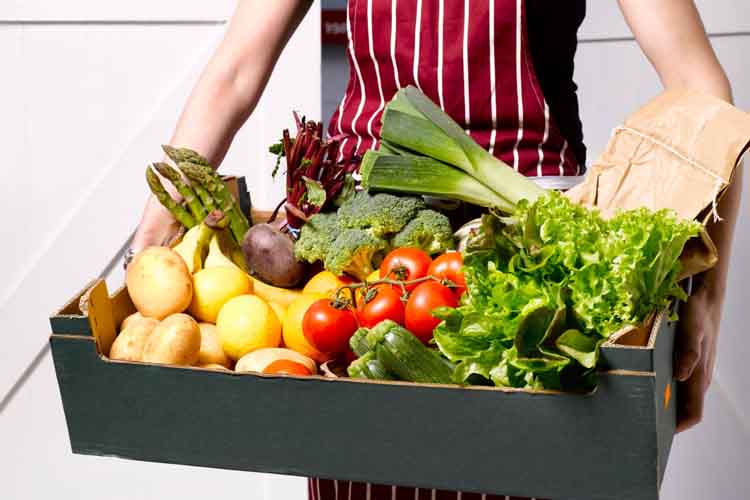Opinion
The Rise and Fall of Food-Delivery Services
In the last year, there has been a growth in food-delivery services in the country. Whether it be companies that tie up with food outlets to send you your food or if they are services that cook and provide food for you, there have been a lot of food technology start-ups coming up and going down one after the other.
Customers can order appetizers and main dishes and desserts from different companies that don’t require a minimum order and you’d get great discounts to go with these delivery services and food. It’s a dream come true for the working youngsters or the lazy ones, who don’t know how to cook or don’t want to cook after a long day of work.
But in the last few months, these companies have been collapsing one after the other. Not only did they set up shop with a new and interesting company concept, they also got large amounts of funding from well-known and international companies. But even that could not save them from falling apart. The business model isn’t fool proof and it’s not trademarked or copyrighted, so anyone who wants to use the same format can do that. But changing it up, revising the format, doing something different and showing that there’s more to your brand than another is what works. Yet, failure is strong with this format.
And the only question I have is why?
The Who.
TinyOwl, a Mumbai-based food-delivery app raised $23 million from their investors, including Sequoia Capital, but they’ve already run through their money and are merging with a much smaller delivery company, Runnr (formerly Roadrunnr). And then there’s PepperTap, a grocery service also backed by Sequoia and Snapdeal that shut shop in April. Last year, Dazo, a start-up that was financed by Google and Amazon also closed down. There are many more and so many that we didn’t even know existed till they closed doors. I repeat, why does this keep happening?
There are start-ups that are doing very well for themselves though. Take a look at Swiggy, backed by Accel Partners, they’re doing very well for themselves. Say ‘Swiggy’ in a crowded room of hungry people and everyone will know exactly who you’re talking about and what it can do for you. Even if they hike up their prices, people are still going to stick around because Swiggy continues to deliver what they promised instead of trying to up their current offers and deals.
But you know who is doing really well? Grocery stores. Everybody needs groceries on an almost daily basis, they need their vegetables and their rice and their masalas. The need for those things will never falter. Take a look at BigBasket and Grofers. They may not be making a lot of noise on a daily basis with their funding and investments, but they are well established and settled in the industry and they will continue to make an impact simply because it’s good quality at great prices and you don’t have to go anywhere to get what you want.
The Why.
Between 2015 and 2016, there have been at least 100 start-ups that appeared with the same business model – great food, at great prices, delivered straight to your doorstep. They all had such great discounts, bringing the customers in with interesting plans and tricks, but the minute customers became a regular user, those discounts vanished and they were left with the regular amount of money and they didn’t want to use them anymore. So they unsubscribe from one food delivery service and move onto the next one, looking for the next best deal.
When you’re competing with yourself, thanks to similar deals and offers, it becomes difficult to differentiate one delivery service from the other. It’s difficult to exist in a market already filled with people like you and no matter how you sell yourself, you’re just like everyone else.
It’s like high school all over again. You’re trying to stand out and you dress up in the best clothes and hang out with the cool kids, but these things only last so long before another new kid shows up wearing better clothes and with better friends. It’s a vicious cycle that won’t really stop going round and round till someone actually steps away and does something new.
This seems a strange thing given that India is one of the largest markets for online shopping. E-commerce is not a new thing, but with the way shoppers are purchasing regularly, one would think that it is. And the fact that the food technology market isn’t doing as well as the online shopping sector seems to be the big issue here.





















